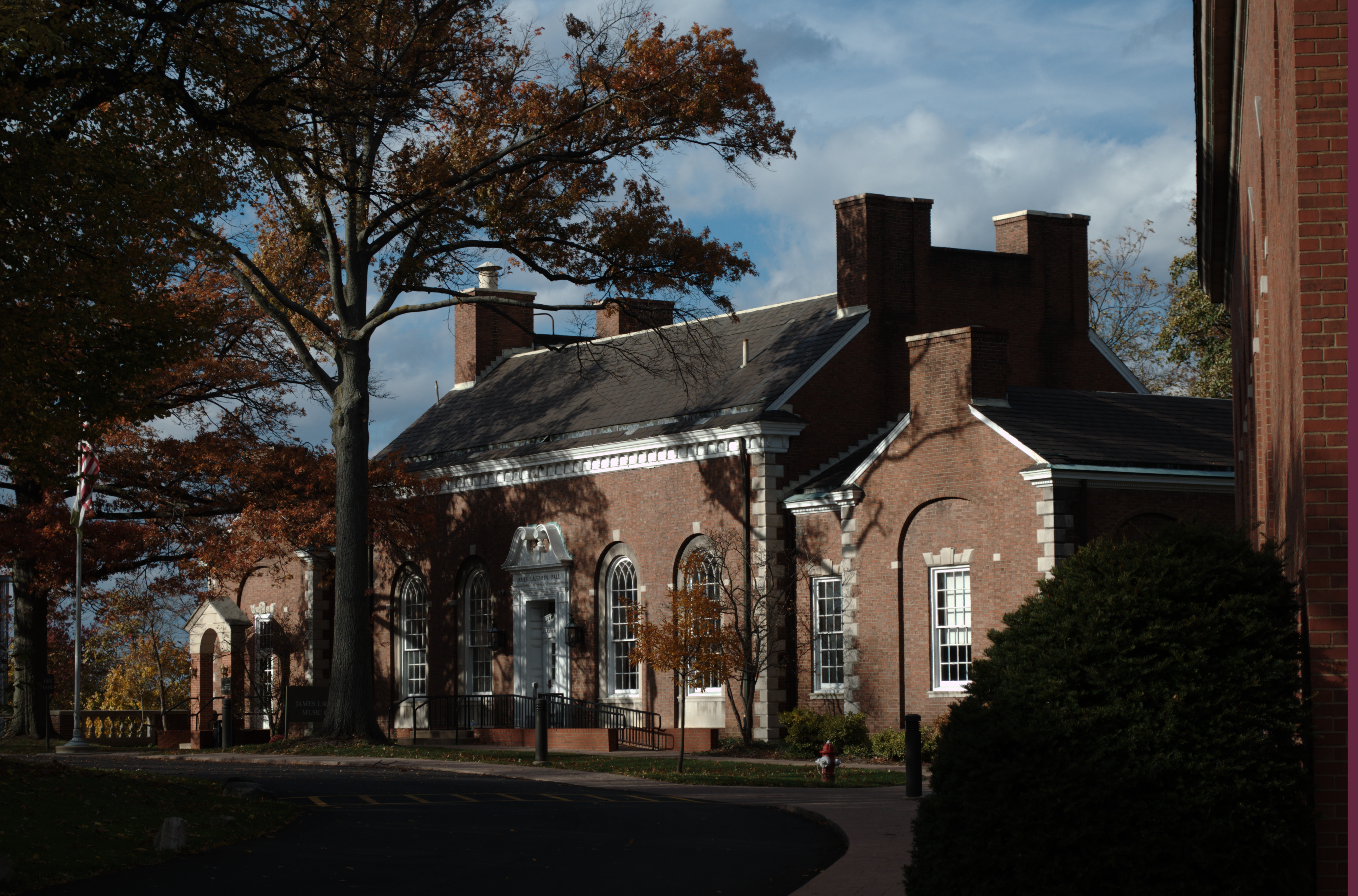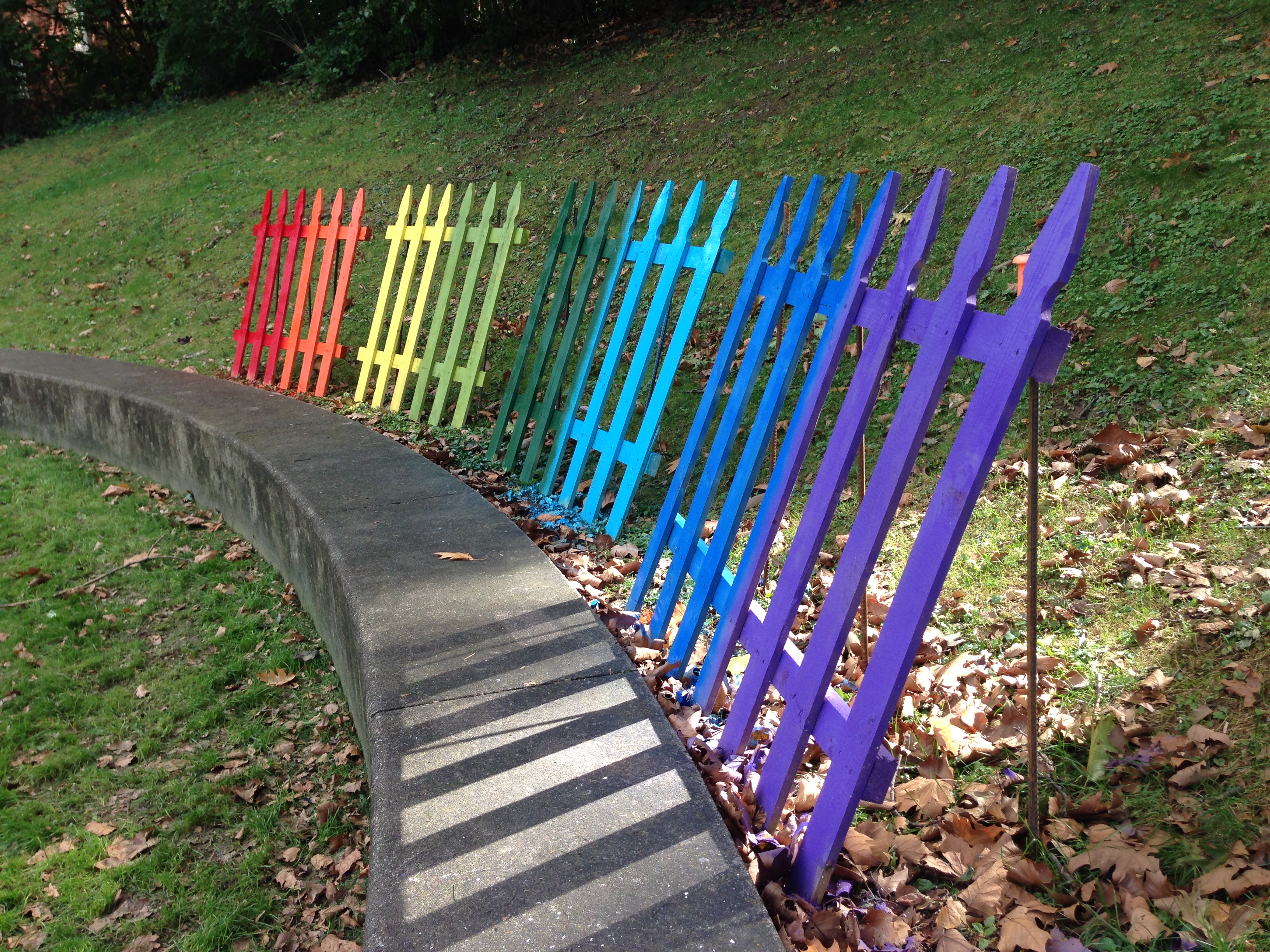Canadian singer-songwriter Lights has the undeniable magic of the Aurora Borealis in her bones. When she performs, she illuminates the stage with her incredible energy and positivity, drawing in fans across the world—her LIGHTS ARMY. Some of these fans have been following her throughout her entire career, which astonishingly started at the young age of 15. Now 28, and a new mother, Lights is going stronger than ever with her latest album—“Little Machines”—having been released last year. Recently, Lights came through Pittsburgh for the Thrival Innovation and Music Festival before she heads out on tour with The Mowgli’s. With her stopping by so close to Chatham, I decided to reach out for an interview.
Indigo: You were first signed when you were 15. How did that feel, being so young?
Lights: It was exciting for me when I was young but also kind of chaotic. I think I had been writing for so long on my own and suddenly I was introduced to co-writers and producers and A&R. It was really eye-opening for me and I was really thankful that it folded after a year when the label I was with at the time merged with another one. I kind of fell through the cracks, but was quickly picked up by Sony Publishing as a writer. But it made me quickly realize that if you don’t have a vision for your craft and what you’re all about as an artist, someone else is going to put that vision there for you. And if that hadn’t folded, someone else would have continued trying to develop me into something. So that gave me the time afterwards to really concentrate on songwriting and my music and my genre, and really find my pocket. And it actually took years after that, until I found that, but I was able to get it out in my own time as opposed to under the supervision of the label.
I: A lot of musicians who started at an early age tell stories about problems with the industry. Did you ever feel taken advantage of or mistreated as a young artist?
L: I never felt pressured into anything. I think everyone was just trying to make something happen with the talent that I had and that they saw in me. And they tried to figure out what to package you as because if you don’t have that sense of self, they’re going to need to package you as something because the world needs a grid. Then you can know what you are all about. So they’re just doing their job in the sense of just making sure that you’ve got your thing going. But in such an early stage of a career there was no money to be made or way I could’ve been taken advantage of. I never felt like that. It was just people trying to develop an artist and figure out where you’re going to get. And that takes a long time. There’s actually some young people—people like Lorde, for example. She’s got this great sense of self and power as individual, and that’s amazing. Not many people have that at a young age. So that’s always my first advice for young people getting into the music industry: find out what your sound is and what your vibe is and what you want to say to the world; what you want to wear and what you want to make your show like. And then someone’s going to want you for that.
I: How did you choose the name Lights? You even changed your name to it legally, what prompted you to do that?
L: It was a nickname for a long time. And it’s just a shorter, easier version of my last name. And legally changing my name made my life so much easier in terms of legality. And it’s awesome. Why the hell not? You only live once. May as well add another name into the picture.
I: You play a variety of instruments. Which is your favorite to play? Which do you feel is your strength?
L: I’m probably the most natural on acoustic guitar. I’ve been playing that the longest. But live I play a lot of synth. There’s a lot of creative freedom when it comes to building a patch on the synth. You can do anything. There are no boundaries. You can make whatever sound is in your head or whatever fits the vibe. And that’s why I love the synth. It doesn’t really come down to playing talent. It comes down to creativity and understanding. The way that the synth works because you’re really just doing chords. And I play piano live and I play electric guitar, and I play bass when I need to, and I play drums when I need to—not live, but when I’m in the studio and I’m recording. It’s easy to pick up one instrument after you’ve already learned another. I can play a lot of instruments, but I’m not incredible at one single instrument. I disperse my time on all of them to get what I need out of them.
I: One of your early and unique pieces of merchandise was a limited run comic book. And you made a series of comic-style videos a few years ago—the Audio Quests. Even now, your posters that you sell have a comic-style to them. It’s something very unique about you as an artist. Was it something intended or something you just came up with as you went along?
L: I think the most obvious thing is that I’m a big fan of graphic novels and comics. I still read graphic novels and manga. I don’t have the time that I used to, to collect individual comics, but it’s inspiring to me because it’s such a surreal environment that you end up in. You can read a book and be teleported somewhere else and that’s the beauty of art. That’s the beauty of music. And that’s the goal—they have to give you that vacation. And it’s nice to open your mind and believe there’s something bigger out there when you create art. It keeps you happier and it keeps you young and keeps your mind open. I never want to be too fully stuck in the real world.
I: How did the LIGHTS ARMY come about? What all does that entail?
L: I’m pretty sure that the fans named themselves. People were like, “Should we be ‘light balls?’ Should we be ‘glow sticks?’” But then everyone just settled on LIGHTS ARMY because it spurred from the name “soul-dier” because “Drive My Soul” was a song that moved a lot of people. They felt like they were soul-diers in the LIGHTS ARMY. And they’re dedicated and they care so much and they’re so strong and powerful. They can do a lot of good and make a lot of change when they band together and I know that. It’s been incredible watching them grow with me. We’ve grown together. I’ve seen relationships form within LIGHTS ARMY. I’ve seen people get married and people become best friends and people get pulled from the dark side. It’s really incredible to see. And they do this little “LA” symbol with their hands that’s cute as well.
I: How has being a mother changed your career—if at all?
L: I get asked a lot about how it has influenced my music and I have to say it hasn’t because everything that was written for “Little Machines” was written before I had a baby. I was pregnant for a lot of the recording process, but you have no idea what it’s like to become a parent until you become a parent. I think it expanded my horizons a lot while I was writing though. It really forces you to look at everything from the big picture because you know you’re having a baby. You know your life is going to be different. You just have to decide in what ways. And I didn’t want to let go of my music career. I didn’t want to let go of everything we built and the things that I love so much about life. I knew it had to remain part of my world and I just had to find a place in my mind where I could find a balance. And I’ve been making it work ever since and it’s incredible. There’s a freedom that comes with being a parent. It’s a powerful reminder that if you fail, you have something powerful that’s got your back the entire time. And the biggest catalyst for bad decision-making is the fear of failure. And if you’re not afraid of failing anymore, you’re free to create the art that you want to create and let it carry you wherever it’s going to take you.
I: Is it hard to leave for tour now that you have a family?
L: She [Rocket—Lights’ daughter] has to come on tour with me every time I go. I haven’t had to leave her yet.
I: “Little Machines” was a long time in the making. What did you do in the interim?
L: There was a three-year gap. After “Siberia” we toured the world basically. It took us to Australia, all of North America, Europe, the UK. We were just touring constantly and I was unable to find a balance at the time between maintaining productive creativity between tours and on the road. So when it came to the end of that record cycle and into the time that I had to start writing again, it had run a little dry because I hadn’t been practicing. Songwriting is a muscle just like anything and if you let it go cold, you have to rework it back into use. And so I was really frustrated when I started writing again. I didn’t know what I wanted to say, I didn’t know what I wanted it to sound like, and I didn’t know where I was in music. And that’s what it became all about—this transition back into the enjoyment of creating music and back into that feeling of excitement when you sit down with your guitar and write something. It took 43 songs to get there. I wrote 43 songs and 11 ended up on the record. And it was just the process of that. It was painstaking at times and very deeply emotional at times and really frustrating. There were nights where I thought it was all going to be gone. But those kind of nights have to happen because it forces you into a solution and I started to work the muscle in different ways and just stopped writing for a minute. I started doing poetry and I started doing painting, and just flexing the different facets of my creativity and working myself back into the feel of enjoying art. And then suddenly at the end of 2015, I realized that we had 11 killer songs. That suddenly just happened, and a month later we were in the studio recording and the record came out that fall.
I: “Little Machines” branches out a bit from your usual sound and experiments with other styles. Where did you end up drawing inspiration for “Little Machines?”
L: A lot of it was what our live shows have turned out to be. Our live shows are really really dynamic and powerful and my band is incredible. So you suddenly are subconsciously thinking about how you come off live. Like my first record, when I hadn’t really toured ever, I was just making music. So when that didn’t translate live, we were kind of like, “Oh this part could be better live. This part could be more dynamic live.” That starts to influence the way you write. With “Little Machines,” a lot more organic elements were introduced as well as synthetic elements. I love the blend because that’s what feels the best live. That’s what creates the most dynamic live. We have live drums, live guitar, analog synth—and that’s very powerful live. So that all became the base point for the production on “Little Machines”—this sort of classic, electronic sound that is really dynamic.
I: Which song is your favorite on the album?
L: I think the most powerful one for me is “Up We Go.” It came at a time when I really needed it and actually took a few months to write because I was really at the bottom of my creative inspiration. I began that song and months later, when I found myself kind of drunk, standing up in the tub, working on music by myself in a hotel room, the record just started pouring out in the moment of inspiration. That was the transition from a very dry time to a suddenly inspired time. So that song did exactly what it’s about for me. And when I play that live, everyone goes up. It’s good. It’s a good feeling. Because I think everyone experiences that feeling of, “From down this low, It’s only up we go.” That’s what you really want to believe and I think it’s true.
I: You’re no stranger to festivals. You’ve even come through Pittsburgh before to play the Warped Tour Festival. So how was Thrival in comparison to the festivals you’ve played before?
L: Thrival was awesome. We’ve played Pittsburgh quite a few times. I think we do on every tour we do. And the shows in Pittsburgh are always fun for us. I have really good memories of energetic crowds and really great fans. So I was expecting no less. You never know what you’re going to get at a festival because there are fans there to see other artists. That’s the beauty of it, but that’s also sometimes an intimidating thing. We had Manchester Orchestra fans. We had Ghostface Killah fans. I had my fans. It’s a blend of people watching you and it’s quite intimidating playing in front of fans who aren’t there to see you. And that’s when you have to step up and put on a killer show. And that’s what we did and it was really fun. The crowd was right along with me and it made me love Pittsburgh even more.
I: Now that Thrival is over, you’re headed on tour with The Mowgli’s. Are you looking forward to that?
L: Yeah! I think it will be good. We’ve never done a co-headline before so it’s a first for us. And it will be interesting to see how it goes down. Both of us are so different. And we have these different fanbases—but I think our fanbases are similar in the respect that our shows are happy and fun and uplifting. I think it will be one big party. I think it’s going to be a blast.
Make sure to catch Lights on her US tour with The Mowgli’s this November and December for an experience of cathartic proportions.




